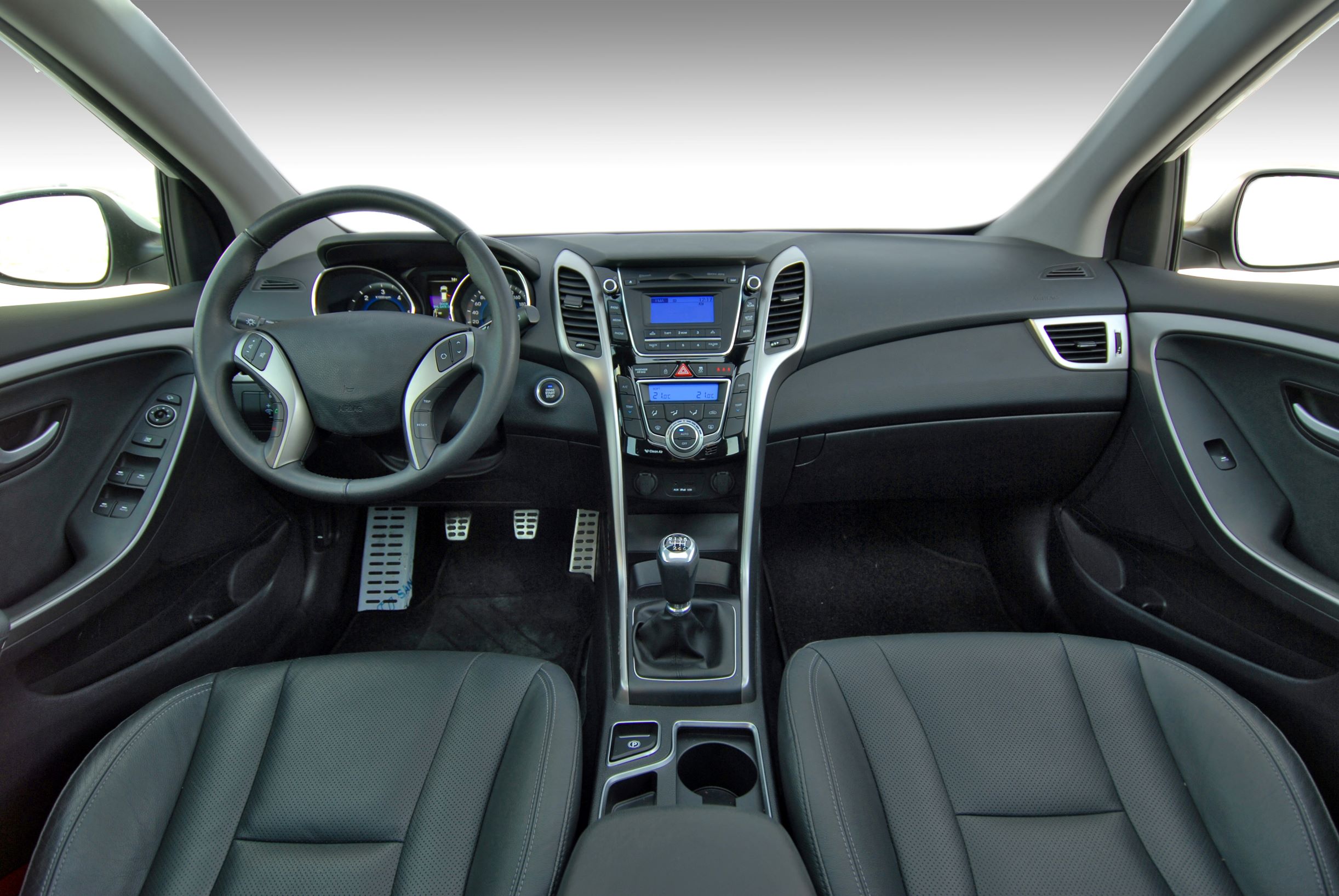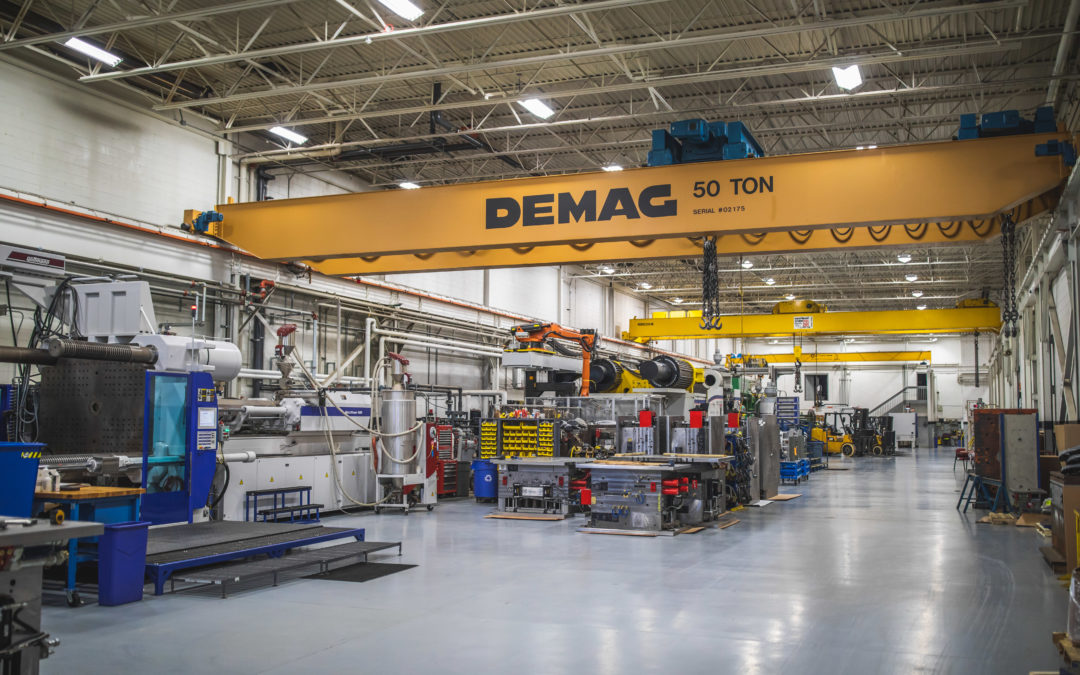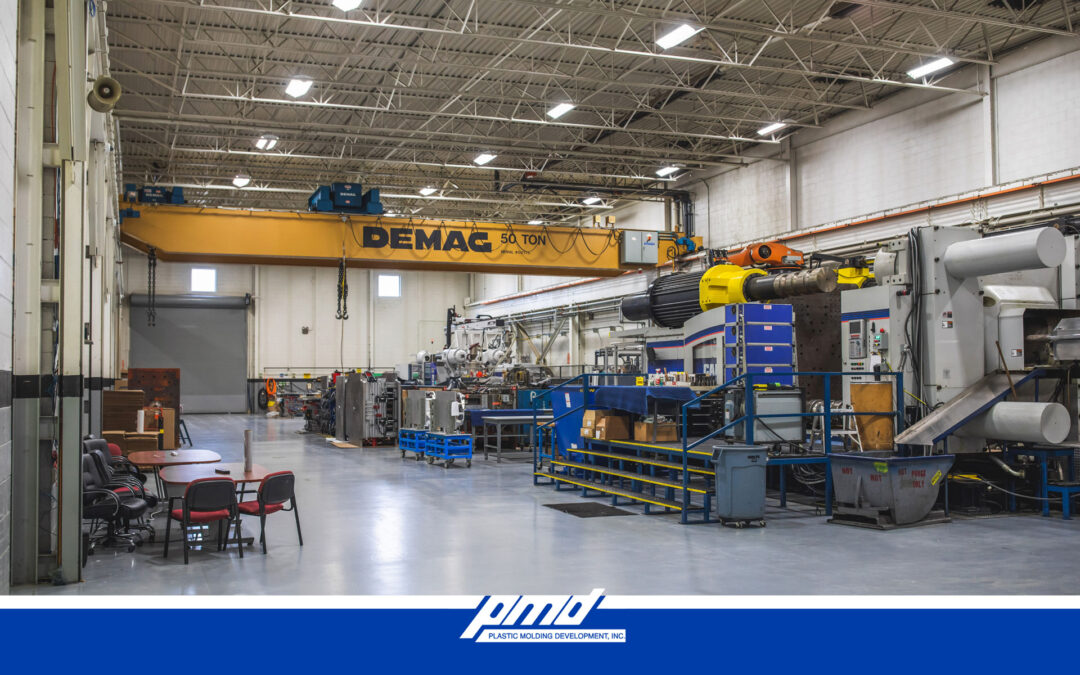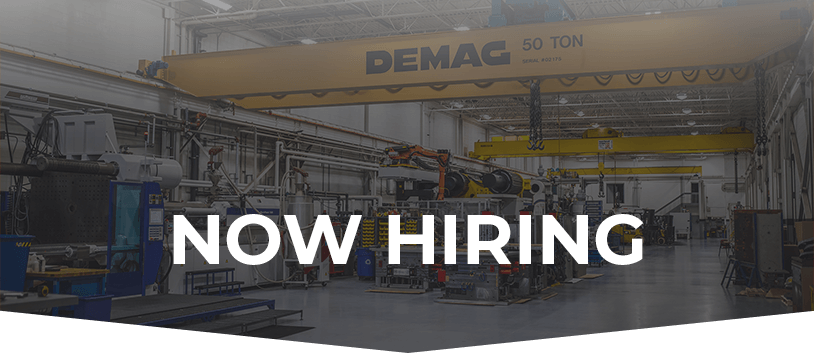Plastic mold testing is an integral step in the development of automotive parts. Engineers spend countless hours developing parts, but it isn’t until the automobile part is in their hands that they can truly identify tweaks that may be necessary.
Working with a trusted local plastic molding testing company allows manufacturers to develop the parts, analyze them, and then modify them as often as necessary until they are as close to perfect as possible.
Automotive Parts that May Require Plastic Mold Testing
The injection molding process is used to create a multitude of parts for automobiles, and plastic mold testing ensures that the parts meet the required standards and specifications.
Parts of automobiles that are made of various forms of plastic include:
- Lenses and headlight bezels
- Knobs
- Door handles and panels
- Housings
- Sunroofs
- Oil pans and fans
- Heading and cooling components
- Fenders, bumpers, and grilles
- Floor rails
- Light housings
- Skid plates
- Wheel trims
- Air vents
- Glove compartments
- Dashboard faceplates
That long list includes only some of the ways plastics are used in cars. Plastics are also used for the radio, center console, seat levers, steering wheel components, and much more.
State and federal organizations establish guidelines for materials that can be used in automobiles. The front windshield of passenger vehicles, for instance, must be made of laminated safety glass — which actually is comprised of a piece of plastic between two sheets of glass.
The standards created by these organizations involve extensive plastic mold testing and many other vehicle testing processes. These tests are used to determine safety, fuel efficiency, durability upon impact, water absorption, and weather, temperature, and chemical resistance, among other factors.
Common Types of Plastics Used in Automobiles
The interior, exterior, and mechanics of automobiles are made of many different types of plastics and therefore require thoughtful and skilled plastic mold testing.
Three of the most common plastics used in passenger and commercial vehicles are polypropylene, polyurethane, and PVC.
Polypropylene
Polypropylene is a thermoplastic made from the combination of propylene monomers. It is very durable and resistant to chemicals, and it is considered the most highly used plastic for vehicles.
Automobile parts frequently made of polypropylene include bumpers, cable installation, carpet fibers, chemical tanks, and gas cans, to name only a few.
Polyurethane
Polyurethane is made by a complex chemical process that involves reacting polyol alcohol with a diisocyanate or a polymeric in the presence of suitable catalysts and additives. They exist as flexible foams, rigid foams, coatings, adhesives, sealants, and elastomers such as natural rubber.
In the automotive industry, polyurethane foams are frequently used in seats, armrests, and headrests, as well as within the bodies of cars as heat and noise barriers. Polyurethane plastics are durable, strong and light, so they may essentially improve vehicles’ fuel efficiency while helping to ensure passenger comfort and safety.
PVC
PVC stands for polyvinyl chloride. It is a synthetic resin made from the polymerization of vinyl chloride. Because it is a flame-retardant plastic that can be created as a flexible or rigid component, PVC is often used for dashboards and other automotive body parts.
Schedule Your Time With Us
Once you develop the concepts for your automotive parts, a plastic mold testing company can help you take those concepts to the next level. Located in Sterling Heights, Michigan, Plastic Molding Development offers 10 machines for testing, as well as a skilled team to help you create your product.
Contact us for more information about our equipment and processes or to schedule a time to complete your plastic mold testing. Call us at (586) 739-4500 or send us a message online.






